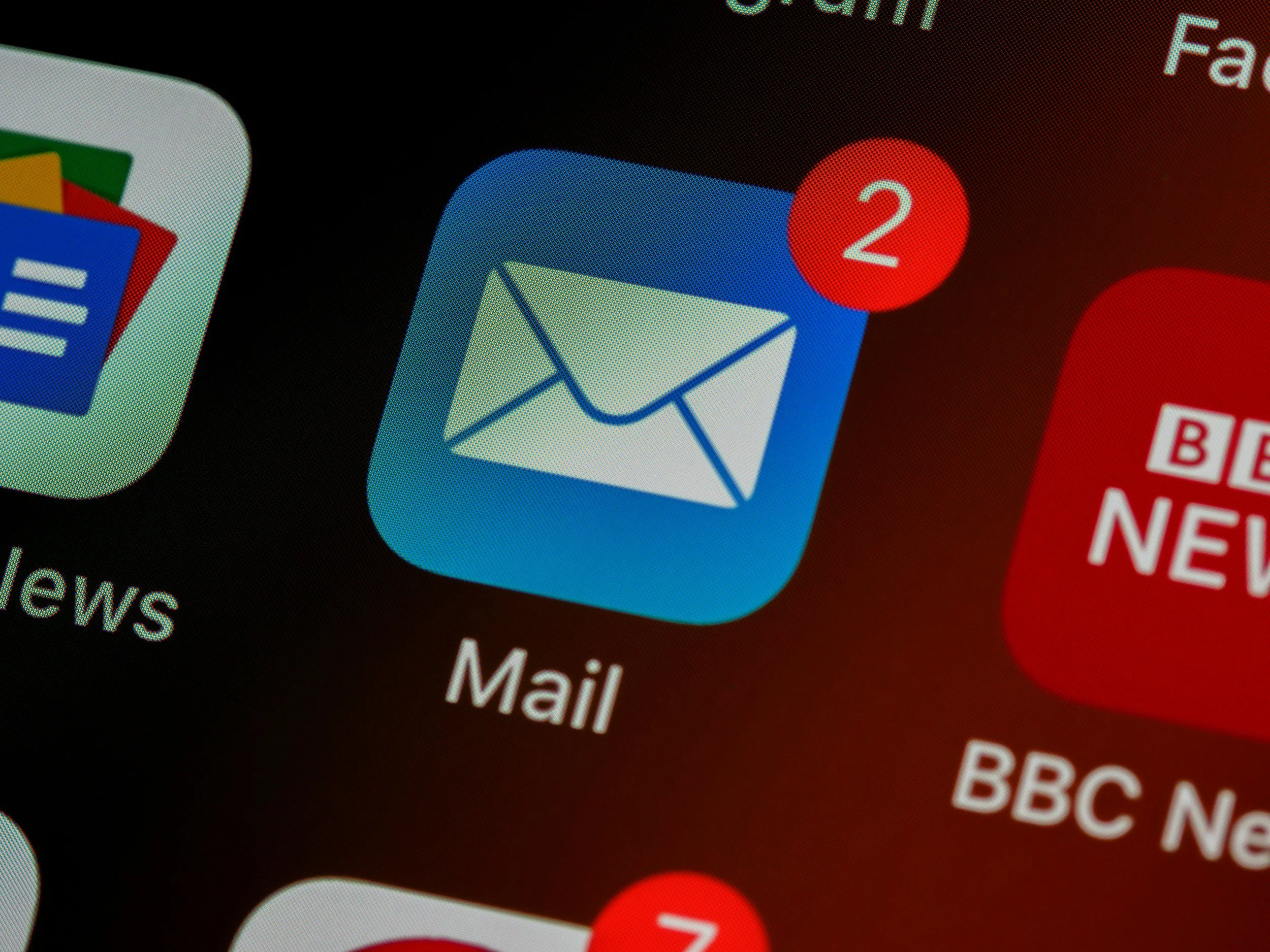Email tips
When in doubt, default to formal. When you initially reach out, address researchers by their last name. If their email signature includes only their first name, they are letting you know it is ok to call them by their first name.
Many programs will have professors ok with you calling them by their first name. It establishes more of a co-worker dynamic instead of a boss-inferior dynamic. It will be hard to adjust to, but it is totally normal to call your mentor by their first name.
When emailing to ask for a letter of rec, ask early. Give plenty of time for the writer to craft their stellar recommendation for you. Common curtesy is at least 6 weeks before your application is due.
Writer may ask for a spreadsheet containing the programs you are applying to, app deadlines, and your faculty you are interested in working with. They may also request a rough draft of your CV and personal statement. Neither of those things need to be completed when you send them to the letter writer. They are just using them to orient themselves to what they should emphasize as they write your letter. They will not be judging how much or little you have ready.
The purpose of a letter of rec is for professionals to verify to who you are applying to that you are ready for graduate school and have the potential to be a successful graduate student. Students who receive these letters from professors who are well known in their field are considered to have an edge in being accepted.
If you are not working with a famous professor, that is not a problem! Just make sure that the person you are asking to write your letter can speak to how amazing you are.
When cold emailing professors, keep your emails brief. Researchers get many emails a day and may only skim over your email if they are busy. Get your point across and hope they respond.
It is not a bad sign if they do not respond to you. Once again they are very busy and receive a lot of emails. They could be at a conference, taking time off, or overloaded with work. If you would like to increase your chance of getting a response, send emails when professors may see them at the beginning of the week and email your interest before their work load increases with the start of a semester/quarter
